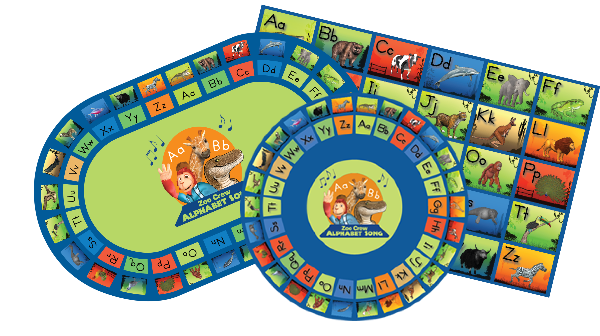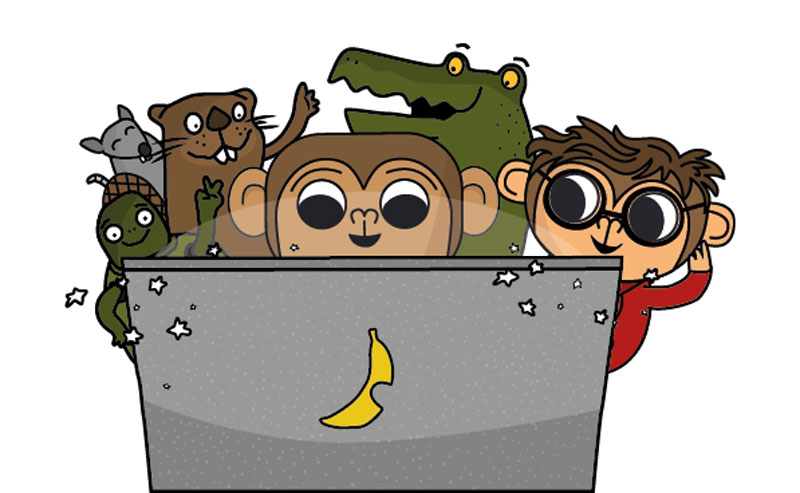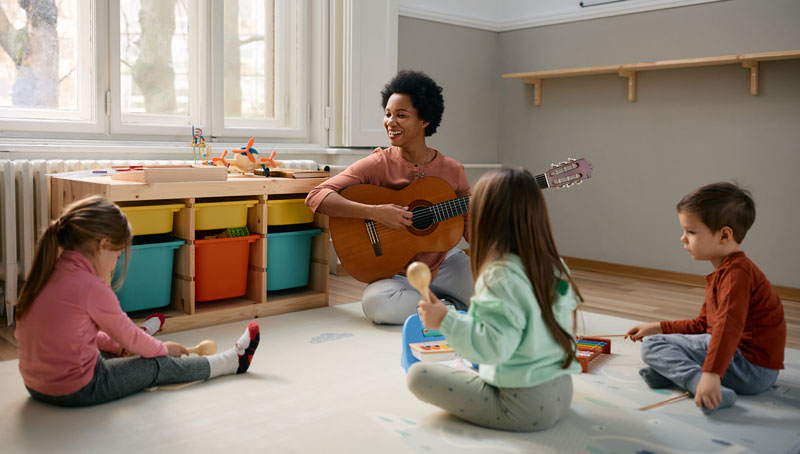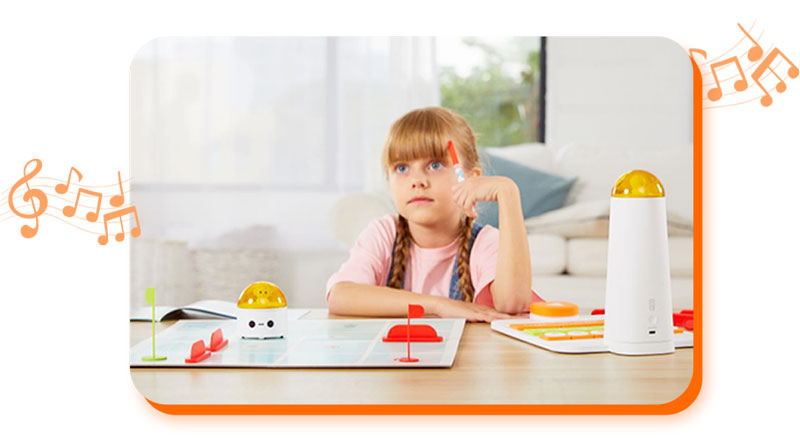
Tips to Follow While Giving Instructions to Children
Tips to Follow While Giving Instructions to Children
The Parent-Child relationship is a partnership and a two-way street. All parents strive to teach their children good values and discipline. Effective parenting skills aid in filling up the generation gap. When the parent understands the balance between enforcing limits, and where to encourage and discourage, he displays positive parenting and reduces the distance between parent and child.
Every parent is as old as his child and grows and evolves with his child. Sometimes, it is easy for parents to slip into ennui as being a parent is no easy feat. But such things are easily remedied as there is nothing love and attention cannot fix.
However, sometimes despite your best efforts, you may hear from your school teacher that your child is having difficulty following instructions. Rest assured that it does not reflect on your parenting as children are intrinsically curious and have short attention spans. They want to explore so much in such little time. Dubai school teachers amongst others report that children tend to drift into fantasy worlds or have such an active imagination that they struggle to keep up with the speed of their thoughts. With gentle coaxing and conditioning, you can help them overcome this as following instructions within their everyday environment helps them to make friends, learn and stay safe.
When interacting with children it is best if we bend to or sit down at their level and maintain eye contact. This helps them feel connected. Use their name and keep the instructions short with minimal distractions around. Use minimal words with maximum effect. For eg: instead of saying “It’s 9 pm and time for dinner, let’s sit together and eat.” try saying, “It’s time for dinner now”. Too many instructions in a sentence confuse and distract the child and he ends up following none of them.
Keep instructions positive and do away with the negative ones. Instead of telling him what he cannot do, try telling him what he can do instead. Instead of saying “Don’t stand next to the window” try saying “Please, come sit on the couch with me” instead.
Using non-verbal cues and gesturing offers added help to your child to understand what you are asking of him. Pointing, hand gestures and facial expressions will cover the gap in your communication with your child. Children are visual learners so visual cues such as pictures or a colourful schedule will help them to understand what you need them to do.
Children also need to be taught that instructions must be followed the instant they are given. If you think that you can repeat it two or three times before they obey, then you are conditioning them to learn that they need to comply only after the first two requests. In the Middle East, this is something we tend to do unconsciously but have to keep in mind to avoid it consciously.
Interactive entertainment options available on every device in the home, make it difficult for the outdated games we used to play but it is up to us to ensure that screen-free time is not completely abandoned. A healthy balance of both will provide the best of both worlds to children who require physical activity, social skills, creativity, imagination, competition, and camaraderie.
As technology permeates every sphere of life in the UAE, with this too we have a technology-aided solution brought to you by Matatalab. Matatalab uses STEM learning to help students develop essential social-emotional skills with tools that require the use of devices as well as offline play and screen-free coding. To use Matatalab robots or the MatataBot, children need to step out of their comfort zones and work cohesively in groups while brainstorming and problem-solving. Through this, they also learn to follow instructions given not only by the teacher but to also listen to their peers as they collaborate. Working with Matatabots involves:
Decomposition which is breaking down the complex problem into smaller parts,
Pattern Recognition which involves finding similarities and differences,
Abstraction is where the child can ignore unimportant details and
Algorithms where you take calculated steps to meticulously solve problems.
With these four computational thinking skills, children can sharpen their listening skills.
Within the GCC countries, group activities with Matatalab, entail working together and building on productivity. The tasks usually involve having specific roles such as a leader and a speaker etc. Students learn how to cooperate with the group as a whole and be flexible and open to constructive feedback. This greatly influences their listening skills.












Recent Comments